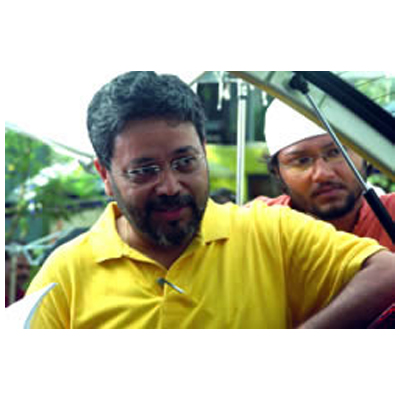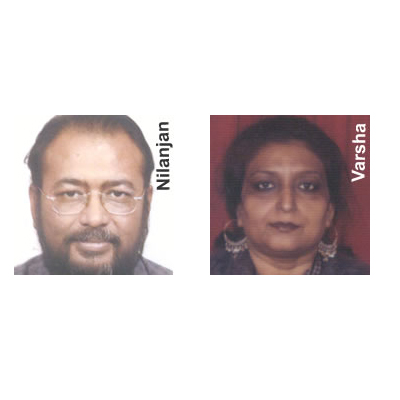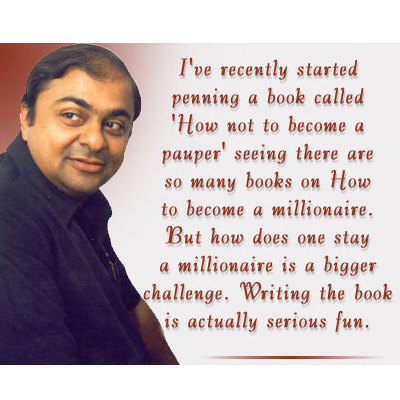Nothing Can Replace The Smell Of Paper - Munjal Shroff
Director and COO of Graphiti Multimedia, Munjal Shroff tells Nidhi Jain about the kind of books that attract his attention.
My grandfather, Navin Shroff, used to read a lot of books. My school had an amazing library. Apart from that, our teachers made sure we read the right books, starting with Enid Blyton. I was a huge comic book fan, had a massive comic book collection. Due to space constraints, it's been given away to an orphanage. My family also nicknamed me Cartoon.
I love reading popular science.
Kind of book collection you have
Best sellers, science fiction and of late I have been reading management books to understand the method in the madness of the corporate world.
On favourite authors and well written books
Among authors I like Isabel Alende and Ashok Mehta's Ramayana. Also reading Afghan. I like to read a wide variety which are very genre specific like James Gleick's Chaos, I like to read books which explain things in different perspective like in Chaos. In the book it is stated how chaos is part of nature. In a way my reading is drawing those parallel in nature. Books I read co-relate to the work I do in life.
 Do you find interesting things in every book? How do you choose books you read?
Do you find interesting things in every book? How do you choose books you read?
A recent example of Da Vinci Code. It was successful for merely because it broadened the content, the way the story was taken forward, the way the relevancy was brought in terms of taking clues of the places that exist, being pertinent about the location - the roofline, a particular cathedral, Da Vinci paintings. Fiction is all about creating an imaginary world. I like authors who draw so many relevant clues which exist, the perspective they bring. How gripping it is. It creates enough excitement for the reader to visualise them. As a filmmaker, a book should transport me visually to that place where I am able to feel the fear, that level of involvement comes with detailing. That's the mark of a writer.
Money and time you spend on books
You should confirm that with my wife Mona, especially since it's a competition between me, my wife and my books. Mostly while traveling, I catch up with my reading. I was a voracious reader now I don't even spend 10 % of my time reading.
 Your reading pace
Your reading pace
If the book is engrossing I can finish it in one night or it can take a month.
Browsing and e-reading
I e-browse a lot. My favourite site is wikipedia. I never managed to do e-reading since there is a limitation of screen space on a palmtop. Though I am a technology freak, I like the smell of the paper.
What do you think of self help books?
Some self help books are well written, some are repackaged like 7 habits, living the 7 habits. It's nice to pick up ideas, beyond a point it's your personality, self help books don't an make earth shattering difference in life.
Books that do not hold you
Self help books. Only a dumb person is going to pick up dummy series books.
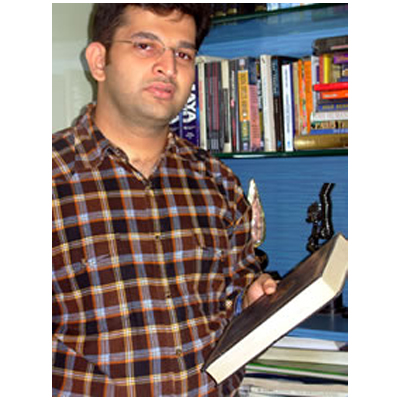

 Follow Us
Follow Us


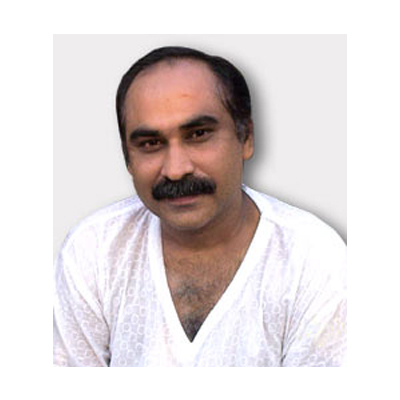
 Silver is a precious item so I don't have many things made of silver. Stone carvings are very rare and I don't have them as they are heavy to carry.
Silver is a precious item so I don't have many things made of silver. Stone carvings are very rare and I don't have them as they are heavy to carry.